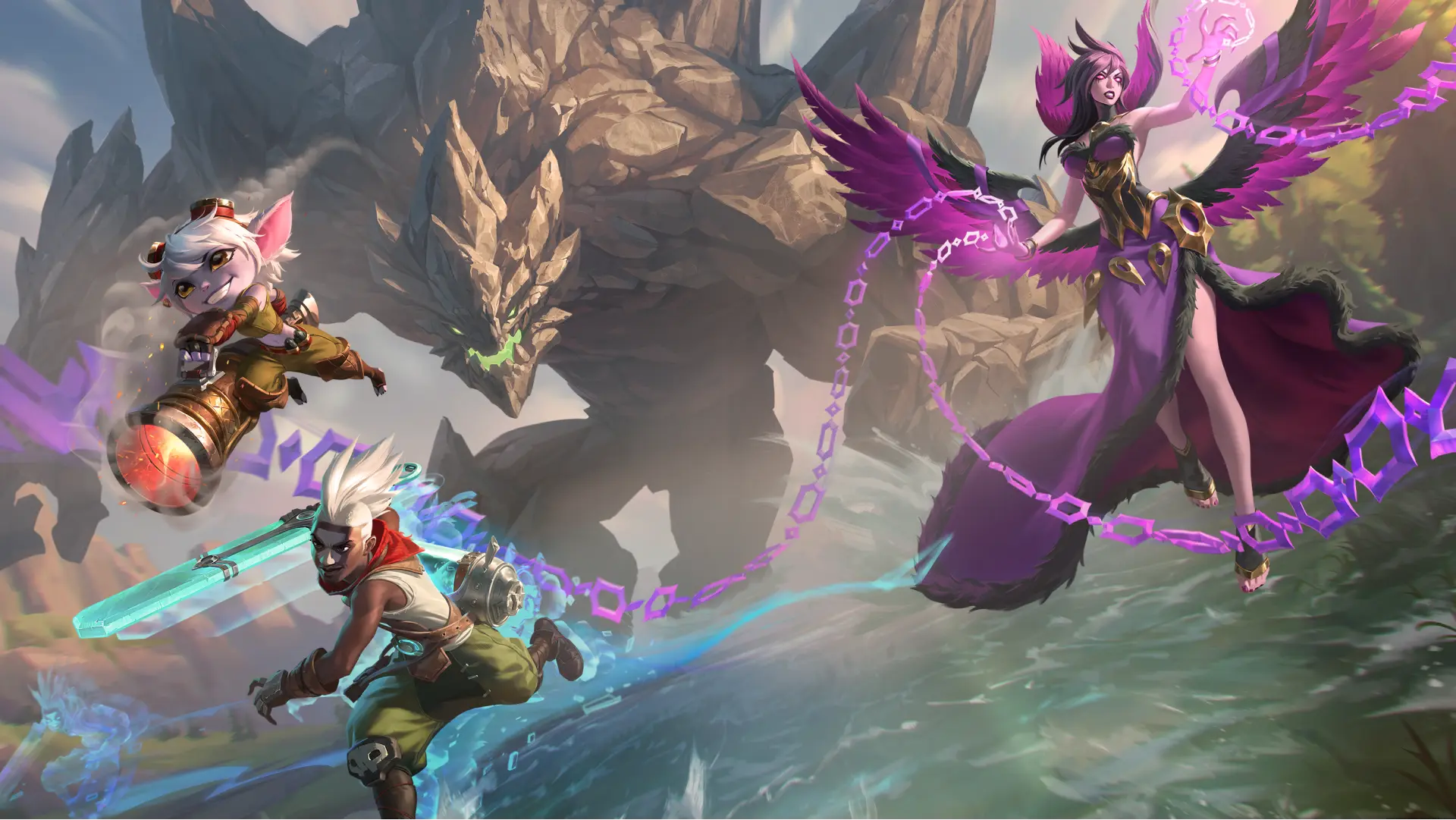RPG games, short for role-playing games, represent a fascinating and immersive genre in the world of gaming. These games allow players to take on the roles of characters in a fictional setting, often engaging in quests and battles while developing their characters' skills and abilities. Understanding RPG games is essential for anyone interested in video games, as it highlights the unique aspects that differentiate them from other genres.
The Essence of RPG Games
At their core, RPG games involve storytelling and character development. Players assume the role of a character and navigate through narratives filled with challenges, adventures, and moral choices. The main objective involves completing quests, gaining experience points, leveling up, and often crafting a unique story based on player decisions.
Key Features of RPG Games:- Character Customization: Players can often tailor their characters’ appearance, skills, and attributes.
- Open World Exploration: Many RPGs offer expansive worlds to explore, filled with hidden secrets and quests.
- Turn-Based or Real-time Combat: Combat systems vary, providing different experiences based on player preference.
- Rich Narrative Structure: Engaging plots that often include twists, turns, and character development.
- Skill Progression: Players develop their characters' skills over time, impacting gameplay style.
The Evolution of RPG Games
RPG games have evolved significantly from their inception. Initially, these games were predominantly text-based adventures, but advancements in technology have introduced stunning graphics, real-time actions, voice acting, and intricate storylines. This evolution has broadened the appeal of RPG games, attracting a diverse audience of gamers.
Types of RPG Games
There are several sub-genres within the RPG category, each providing a unique gaming experience:
- Western RPGs: Known for open-world exploration and player-driven stories, examples include titles like The Elder Scrolls V: Skyrim and The Witcher 3: Wild Hunt.
- Japanese RPGs (JRPGs): Often feature linear storylines and turn-based combat; classics include Final Fantasy and Dragon Quest series.
- Action RPGs: Combine elements of traditional action games with RPG mechanics, such as Dark Souls and Bloodborne.
- Tactical RPGs: Focus on strategic combat and character positioning, popularized by games like Fire Emblem and XCOM.
Best RPG Games to Play
When discussing RPG games, certain titles consistently rank among the best due to their gameplay, story, and player engagement. Below is a compiled list of some of the best RPG games to try:
- The Witcher 3: Wild Hunt: A rich open-world RPG that masterfully blends storytelling with complex characters and engaging quests.
- Final Fantasy VII Remake: A modern reimagining of the beloved classic, combining stunning graphics with an emotional storyline.
- Dark Souls: Renowned for its challenging gameplay and deep lore, this game has set a benchmark for action RPGs.
- Persona 5: A unique blend of life simulation and traditional RPG elements, praised for its narrative and character development.
- The Elder Scrolls V: Skyrim: A mainstream favorite known for its expansive world, allowing for countless hours of exploration.
The Future of RPG Games
As technology continues to advance, the future of RPG games appears bright. Developers are constantly innovating, introducing new mechanics and narrative techniques that enhance player immersion and experience. Virtual Reality (VR) and Augmented Reality (AR) are potential avenues for future RPG games, promising even more interactive environments.
Conclusion
RPG games offer a unique blend of storytelling, exploration, and character development that resonates with a wide array of players. Understanding RPG games and their distinguishing features enables gamers to appreciate the depth within this genre. With an ever-evolving landscape, the best RPG games continue to inspire and engage audiences worldwide.
For further reading on RPG games, feel free to explore IGN's RPG Section, which covers upcoming releases and game reviews, or consult resources like RPGamer for community-driven content.




.webp)

